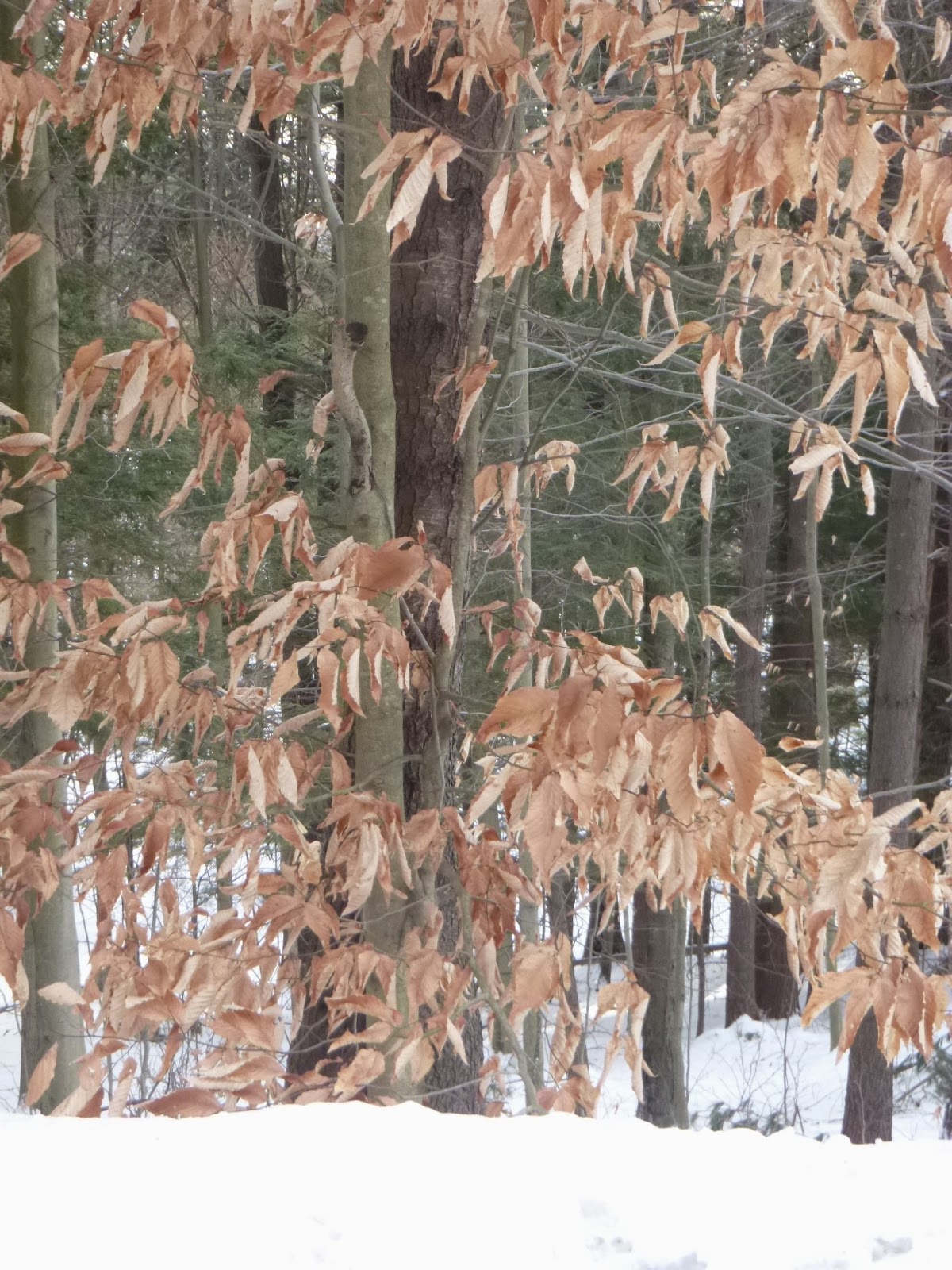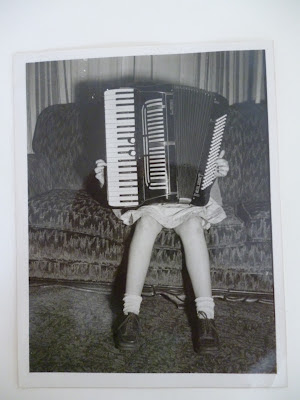Ah, it's time for my Best Reads of the past year. This time, there will be three separate postings: fiction, non-fiction, and books that I re-read. Of the 28 works in fiction that I hadn't read before, here, in alphabetical order, are the ones I liked best.
1. Jo Baker,
Longbourn. (Longbourn is, of course, the house where the Bennets lived in
Pride and Prejudice. An entertaining tale about the below-stairs staff and how their lives fit with those upstairs whether it's doing their laundry, taking out the slops, or walking to town to mail one of their many messages. Well researched about early 19th century life in England. There's romance downstairs, too.)
2. Harriet Doerr,
Stones for Ibarra. (Winner of the National Book Award, this was the author's debut novel published in 1984 when she was 74. A memoir-based fictional tale of the years when the protagonist and her husband leave all behind and move to Mexico to take over an old family copper mine in a tiny village. A wonderful study of the meeting of the two cultures.)
3. Naguib Mahfouz,
The Beginning and the End. (Cairo in the '30s when the father dies and the family members, thrust into poverty, have to construct a new life for themselves. It's told in a straightforward manner with a good view of the cultural expectations, the loss of face, the social mores, the role of women, plus narcotic-trafficking and prostitution which are accepted but also hated for being a source of social condemnation. Tough but well done. He won the Nobel Prize for Literature in 1988.)
4. Colum McCann,
TransAtlantic. (Following descriptions of three historical events in Irish history--the first nonstop trans-Atlantic flight, the 19th century visit by Frederick Douglass, and Senator George Mitchell's peace process--this is a fictional four-generational tale of Irish women in both Ireland and the U.S. No nonsense writing, powerful narrative, wonderful descriptions with precise language.)
5. TaraShea Nesbit,
The Wives of Los Alamos. (This calls itself a novel but is more a series of descriptive paragraphs arranged by subject about the lives these women led from 1943 to 1945 as they moved to a desert mesa where their houses were still being constructed and where they weren't in on the secret of what their husbands were doing. When they did find out, after the atomic bombs were dropped, they joked: here were their husbands--who couldn't fix a clogged drain or who wouldn't kill a moth--making something that could kill the human race and turn the land to glass. Well done.)
6. William Trevor,
Two Lives. (Actually, two novellas--"Reading Turgenev" and "My House in Umbria." The protagonists in both are highly quirky--one, a woman in love with a dead cousin. The other, a fanciful woman with a far-flung imagination that centers on suspicions, dreams, and pronouncements that make you wonder if some of them just might be true. The author, still alive, is Irish.)
7. Elizabeth von Arnim,
The Enchanted April. (This is the book, written in 1922, from which the movie was made. The gentle tale about a spell of happiness one April at San Salvatore--a month during which hearts open to love, generosity, and the finer things of life. Both movie and book are charming, loving, simple--in its best sense--and wise.)
8. Jeannette Walls,
Half Broke Horses. (The "true-life novel" of the author's grandmother's hard scrabble life teaching in one-room schools and co-running a cattle ranch in Arizona. Excellent view of the transition out of the Old West into modern day as well as the juxtaposition of the Real West as opposed to the stereotypical. A woman of gumption and common sense, well portrayed. At age 15, she rides her horse 500 miles from New Mexico to Arizona to her first job as a teacher even though she, herself, has had little education. A survivor, she experiences flash floods, a tornado, droughts, and the Depression.)
9. John Williams,
Stoner. (The last of the batch and the best of the batch
much in the style of that superb writer, William Maxwell. A beautiful rendering of the life--with its many obstacles--of a young farmer-turned-English-Lit professor from early-to-mid 20th century. The writing is exquisite. The final chapter may be one of the most moving I've ever read.
The New York Times Magazine's critic, Steve Almond, wrote, "I had never encountered a work so ruthless in its devotion to human truths and so tender in its execution.")


























